Oath ceremony I got US citizenship after 9 years of moving to the US. Today is the day of the oath ceremony. After arriving in the United States, settling in, looking for a house, having children, and working, 9 years seem to pass like an arrow. And after successfully completing the interview, today is the day to go to the oath ceremony. The location and time of the oath ceremony will be notified individually by mail. Therefore, the place is individually different. In my case, I did not receive a letter from the immigration office. I checked through the Internet, and fortunately, the lawyer who helped with the paperwork double-checked me, so I found the location and date. And normally, the oath ceremony was held within one to two months after the interview, but in my case, the oath ceremony was held exactly six months after the interview in February. It's been a long wait, but I'm glad I got to take the oath today. Today is the day I became an American. Since the oath ceremony was held at 9 am, we departed earlier at 8 am. The oath ceremony is about 30 minutes away from my house. When I arrived, the people who came to get citizenship like me were all going in one direction. I also joined these processions. Upon entering the entrance, there was a QR code and a monitor on the left side of the large lobby. This is where you enter information about Covid-19. I took a QR code with my cell phone camera, went to the website, simply entered information about the Covid-19, and received a conformation QR code. Show this QR code on the display monitor right next to it and the whole process is finished. If you don't want to use the Internet like this, you can simply fill out the paperwork on the table. And before going upstairs, you have to go through a security check. At the security check point, you must turn off your cell phone and give it to the staff. The staff will keep your cell phone and give you a number so you can pick it up later. As I went up to the second floor, another employee checked the interview documents I had received at home. After checking that there are no unanswered questions, you will be asked to finally fill in some missing information. In case of this, it is recommended to bring a pen with you. You cannot bring drinks and snacks with you upon entry. And it is better to wear a formal suit like a suit. USCIS instructs all applicants to dress in attire that “respects the dignity” of the Oath of Allegiance ceremony. The agency specifically prohibits wearing jeans, shorts, and flip flops. If friends and family are accompanying you, there is a place like a cafeteria where they can wait while watching the monitor. There are also some simple meals that the family can eat here. Upon entering, another staff member will tell you where to sit. Most of the staff are very friendly. Go to the chair and there is a yellow envelope on the chair. The following documents are included in the envelope. The most important of the documents is a small piece of paper prepared for the oath. On that piece of paper is written what is to be sworn in. I have to sit on a chair and wait until all the chairs in the hall are full. Waiting time seems to be about 30-40 minutes. I prepared a book to read for the waiting time and it was very useful. Because you can't look at your phone, it will be very boring. Once the seats are filled, the staff will explain the simple procedure. And everyone has to wait for the judge to arrive. The whole process took me about 3 hours. These waiting times are different. For my son, it took an hour and a half. When the judge arrives, he will give you a detailed explanation, including the purpose of the oath. Then, after having everyone stand up, raise your right hand and read the oath together. Later, I play Pledge of Allegiance with one hand on my chest looking at the flag. At this point, I immediately had a indescribable feeling.because I never expected this day to come in my life. At the conclusion of the oath, the judge gives an additional speech. He talks about the attitude as an American, our duties and responsibilities, and rights. And we talk about how many people from different countries took the oath on the same day and call each country to stand up. In my case, it seems that there were about 10 South.Koreans. After that, each person is called by rows of the block in chairs. At this time, you must give the interview related documents you received at home and your permanent residence card to the employee. The employee has a green card and will not return it. Because it is no longer needed. I feel secure in the sense that my identity for my place of residence is solidified. They will then look at the interview material and ask if anything has changed. I talked about the name because the name changes. The staff tells you to go to the window that suits you here. When you go to the counter, another staff member double-checks that the name has been changed and has them sign autographs. You can sign an existing one or create a new one. I signed the old one. And as soon as you go to the next window, there are two staff who help you register to vote. Documents in Spanish and English are ready. Fill it out with the relevant documents and return it to us. When everyone in the hall completes this process, the judge will notify them that they are all done and send a congratulatory message. And after calling each person's name, they finally hand out documents proving citizenship. Once you receive this certificate, you can go straight home. In my case, I went downstairs again, got my phone back, and finished all the process. At the entrance, there is an empty space with pictures of President Biden and Vice President Harrison and an American flag. Everyone line up here and take a commemorative photo. The staff were all friendly and hospitable and there was no need to be particularly nervous or stressed as the whole process went smoothly. Instead, be sure to bring the appropriate documents, arrive at least 30 minutes in advance, bring a book to read while waiting, charge your phone well, wear neat and formal clothes, bring a pen and a mask. Doing something for the first time, whatever it is, is very nerve-wracking. But after going through all the steps, I think I can look back a little more leisurely.
I hope my brief experience will be of some help to you.
0 Comments
US Citizenship oath date status Naturalization is a way for a person to become a U.S. citizen. Below is a general overview of what to expect during the naturalization process. After you apply for US citizenship and go through an interview, you will be given citizenship after taking an oath. If you want to know the date and place of the oath, just enter the number written on your receipt on the site below. Immigrant life and Naturalization Immigration is the process through which individuals become permanent residents or citizens of another country. Frequently, they are stereotyped and discriminated against, many immigrants suffered verbal and physical abuse because they were "different." While large-scale immigration caused many social and political tensions, it also made a new energy in the cities and states in which the immigrants settled. Naturalization is the process through which an immigrant to the United States can become a U.S. citizen. Only certain immigrants are eligible: those who either have been green card holders (permanent residents) for 3–5 years or meet various military service requirements. Becoming a naturalized citizen allows people who are not born in a certain country a path to citizenship and provides many benefits, including the ability to vote, bring family members to the U.S., elminate the need to renew your green card, and more. There is a process of naturalization that is well organized with pictures, so I scraped it. You will also take an English and civics test unless you qualify for an exemption or waiver. The English test has three components: reading, writing, and speaking. The civics test covers important U.S. history and government topics. The test is prepared in English and the candidate must score at least 60 percent for a successful pass. There are 100 civics questions that cover various topics in U.S. history, constitution, and government. For the naturalization process, the applicant will be asked 10 randomly selected questions. To prepare for this naturalization test, I have compiled related information on my blog. Go to the related article! In my case, I was fortunate enough to have a friendly and polite officer. He helped me sit down in a chair and do the interview with a relaxed mind and no tension. I swear to tell the truth before I sit down on my chair. Afterward, I sit down in a chair, and he asks if I am ready. You will first be asked if your name was changed when you applied for citizenship if you answer yes. After that, give the 10 test questions immediately above.
In my test, there were about five. If everyone says the correct answer, they tell you that it is a pass. Rather, these political, social, geographical, and historical test may be the easiest. Afterward, he asks about reading and writing. For me, this part wasn't that difficult. Because he asks questions slowly and kindly, he speaks so accurately as if an English academy teacher would pronounce it. After that, he asked about personal questions, and in my case, this part made me very nervous. It was because I had to be alert if I said something wrong. The questions about the related green card and working place, and then you'll be asked if you have a criminal history, then you'll sign an oath to the United States several times. You should never tell lies during an interview, and if you can't remember, it's better to say that you don't know. The limitations of human memory seemed to be forgiven, as most of the information was owned and known by Officers. When all tests are completed, a paper is printed out and congratulated. Study Materials for the Civics Portion of the Naturalization TestCivics (History and Government) Questions for the Naturalization Test American Government A: Principles of American Democracy B: System of Government C: Rights and Responsibilities American History A: Colonial Period and Independence B: 1800s C: Recent American History and Other Important Historical Information Integrated Civics A: Geography B: Symbols C: Holidays Civics (History and Government) Questions for the Naturalization Test.American GovernmentA. Principles of American Democracy. * Principles of American Democracy. 1. What is the supreme law of the land? the Constitution 2. What does the Constitution do? sets up the government/ defines the government/protects basic rights of Americans 3. The idea of self-government is in the first three words of the Constitution. What are these words? We the People 4. What is an amendment? a change(to the Constitution)/ an addition(to the Constitution) An amendment: changes made to the Constitution are called amendment. All must be proposed and ratified a formal process. 5. What do we call the first ten amendments to the Constitution? the Bill of Rights The Bill of Rights is the first 10 Amendments to the Constitution. It spells out Americans' rights in relation to their government. It guarantees civil rights and liberties to the individual—like freedom of speech, press, and religion. 6. What is one right or freedom from the First Amendment? speech/ religion/ assembly/ press/ petition the government
7. How many amendments does the Constitution have? twenty-seven. 8. What did the Declaration of Independence do? announced our independence ( from Great Britain)/ declared our independence (from Great Britain)/ said that the United States if free(from Great Britain) The Declaration of Independence was the first formal statement by a nation's people asserting their right to choose their own government 9. What are two rights in the Declaration of Independence? life/ liberty/pursuit of happiness 10. What is freedom of religion? You can practice any religion, or not practice a religion. 11. What is the economic system in the United States? capitalist economy/ market economy 12. What is the rule of law? Everyone must follow the law/ Leaders must obey the law/ Government must obey the law/ No one is above the law. |
Myungja Anna KohArtist Categories
All
Archives
July 2024
|
Proudly powered by Weebly

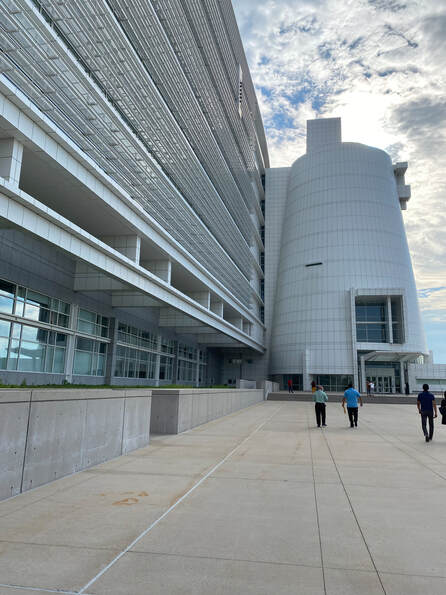
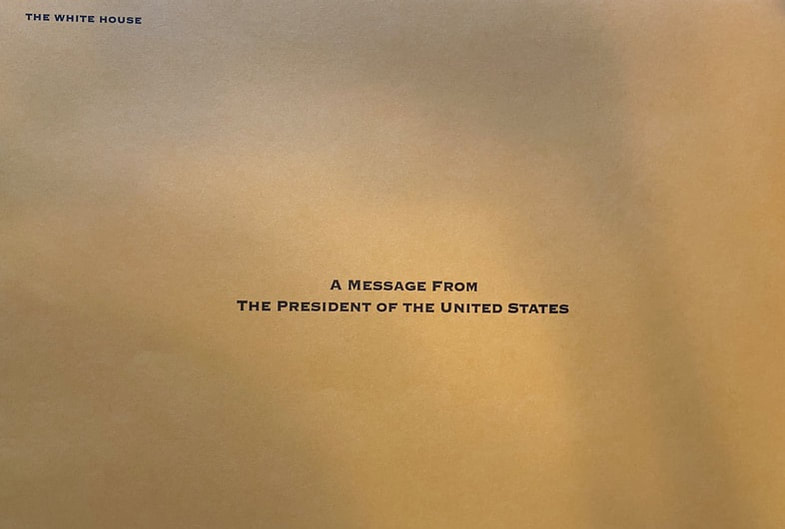
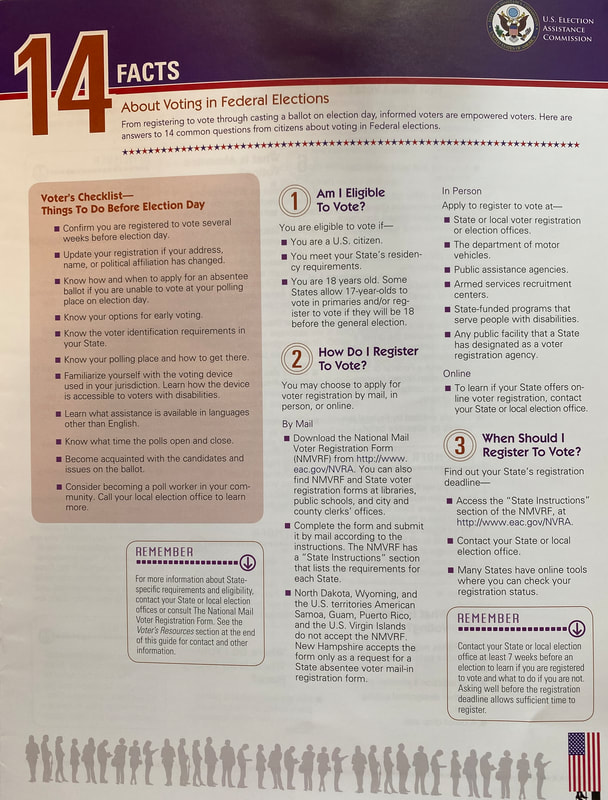
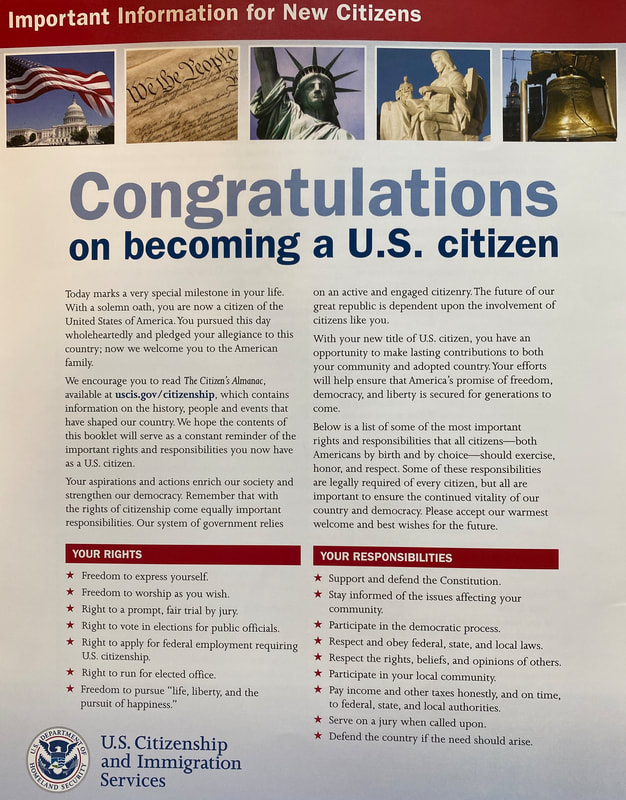
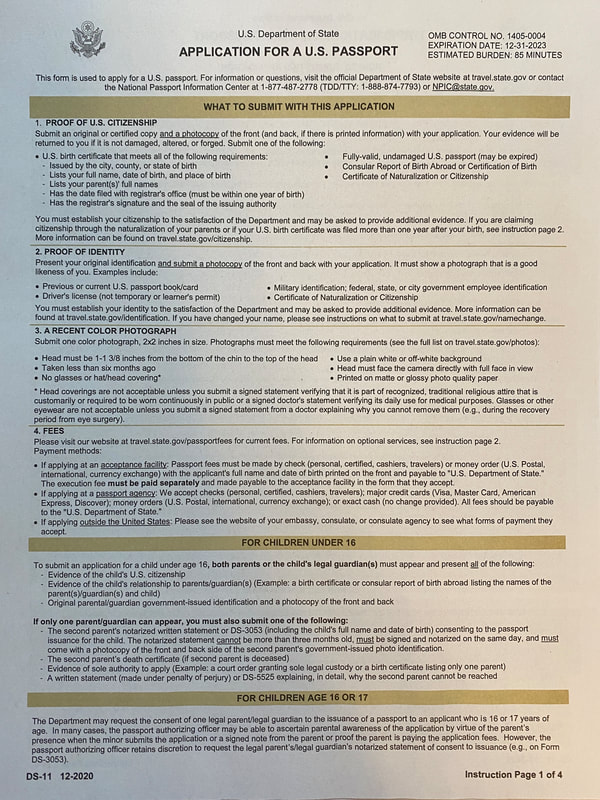
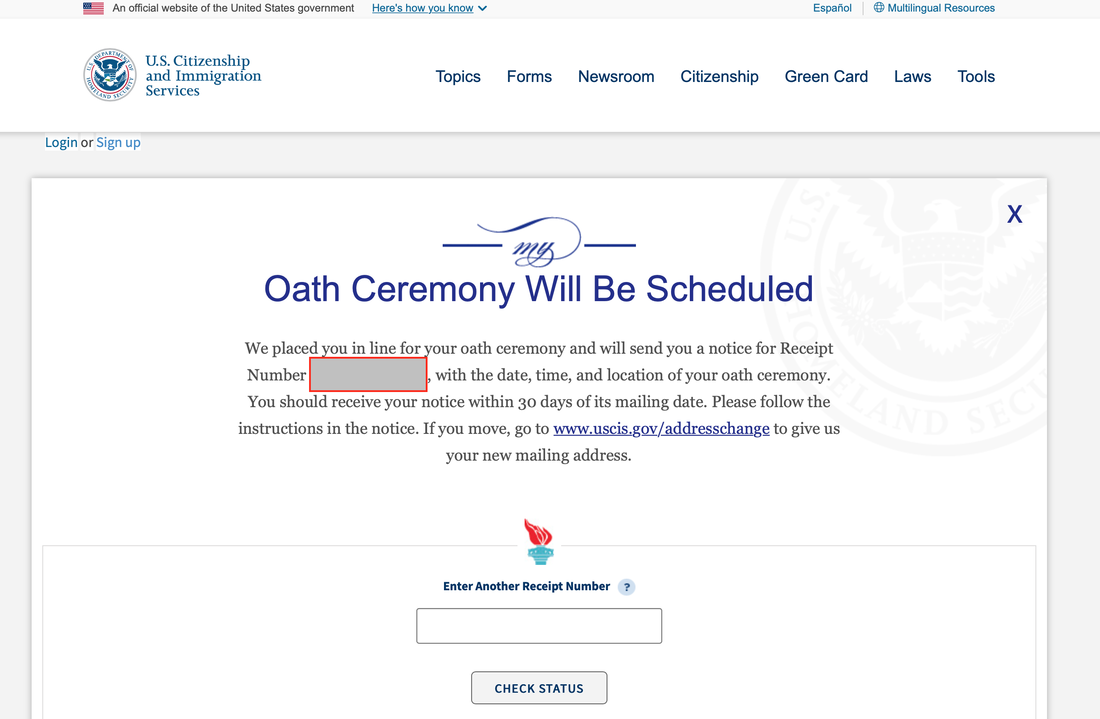
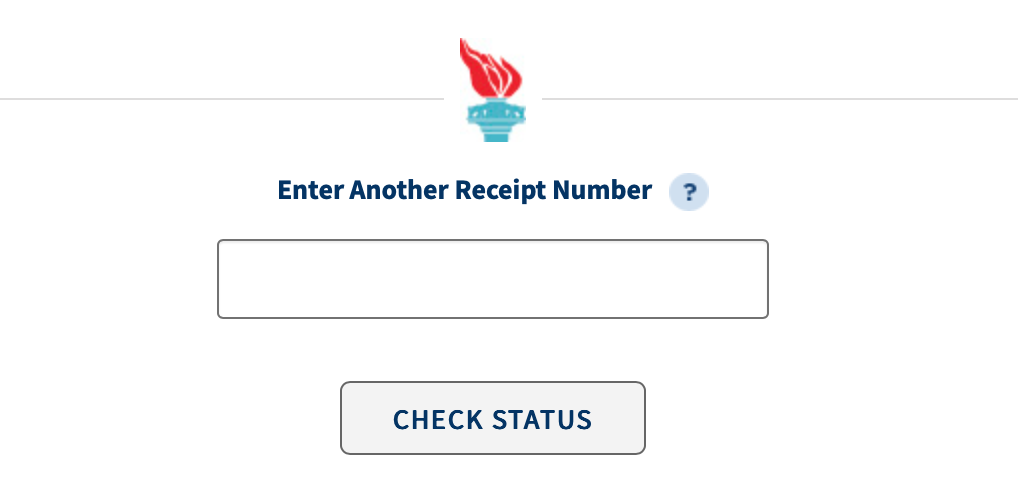
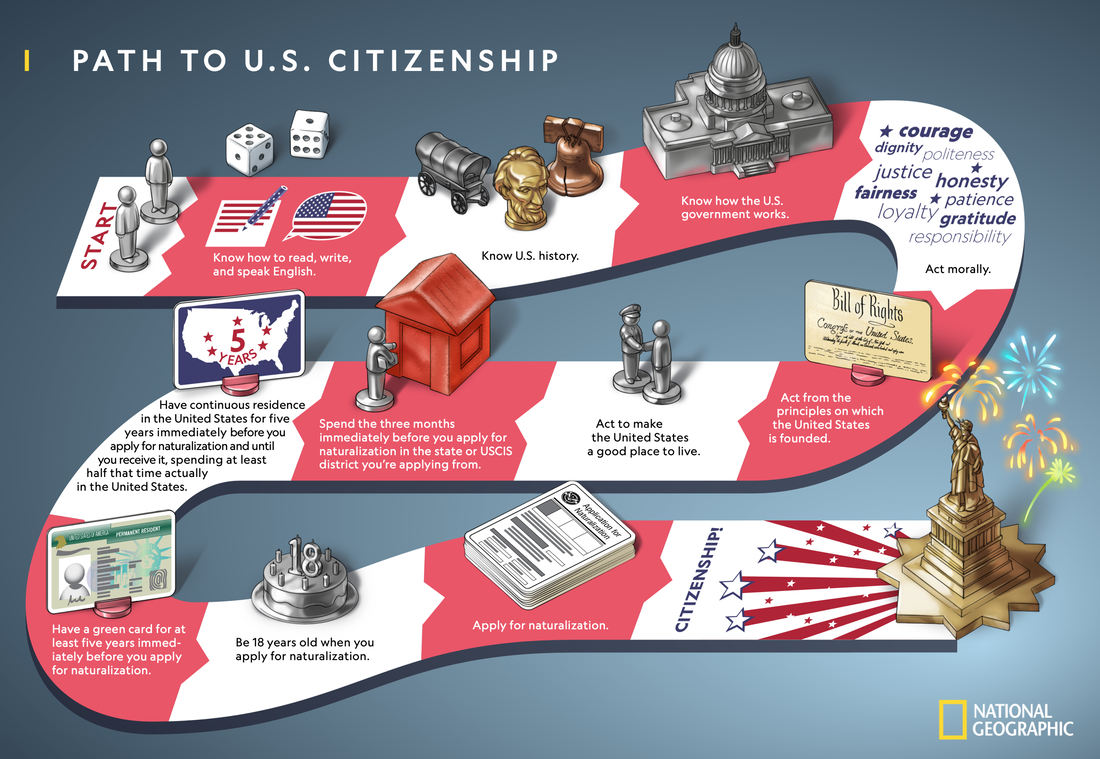
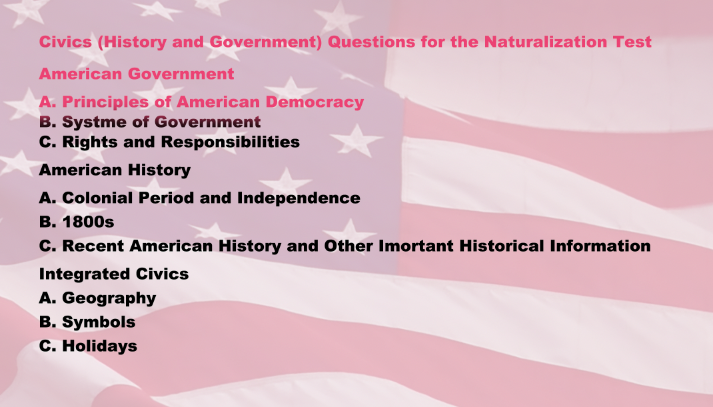
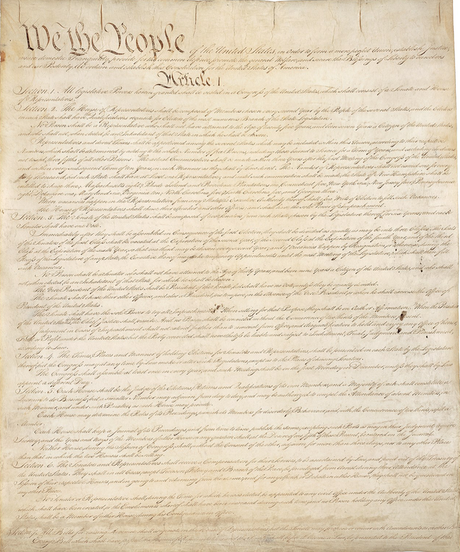
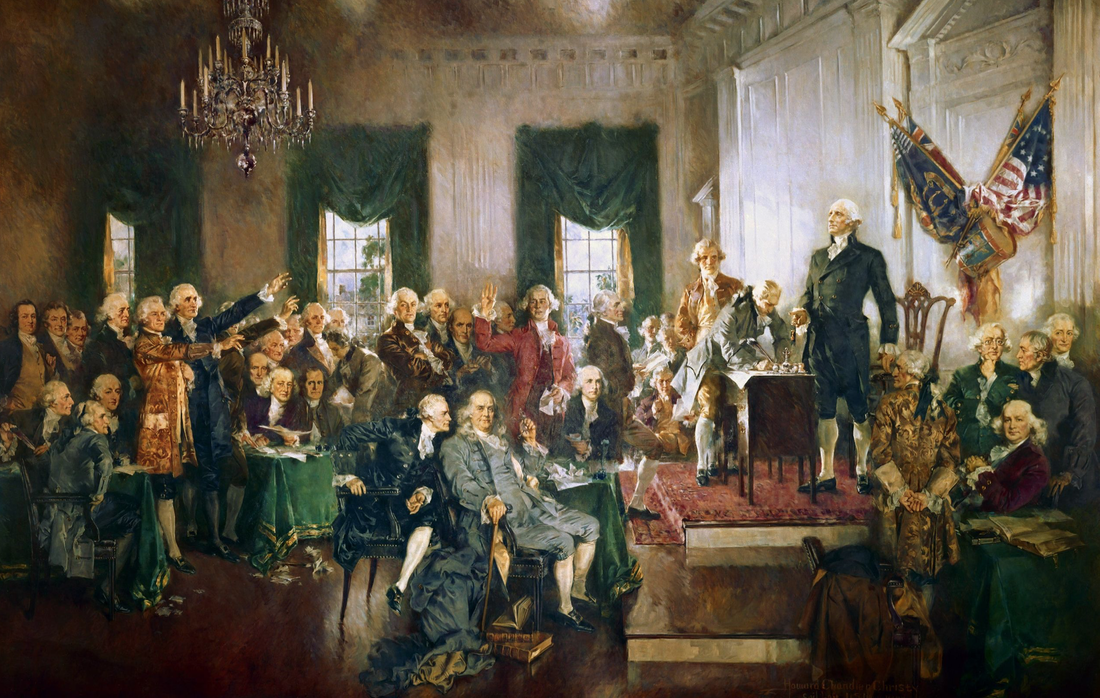
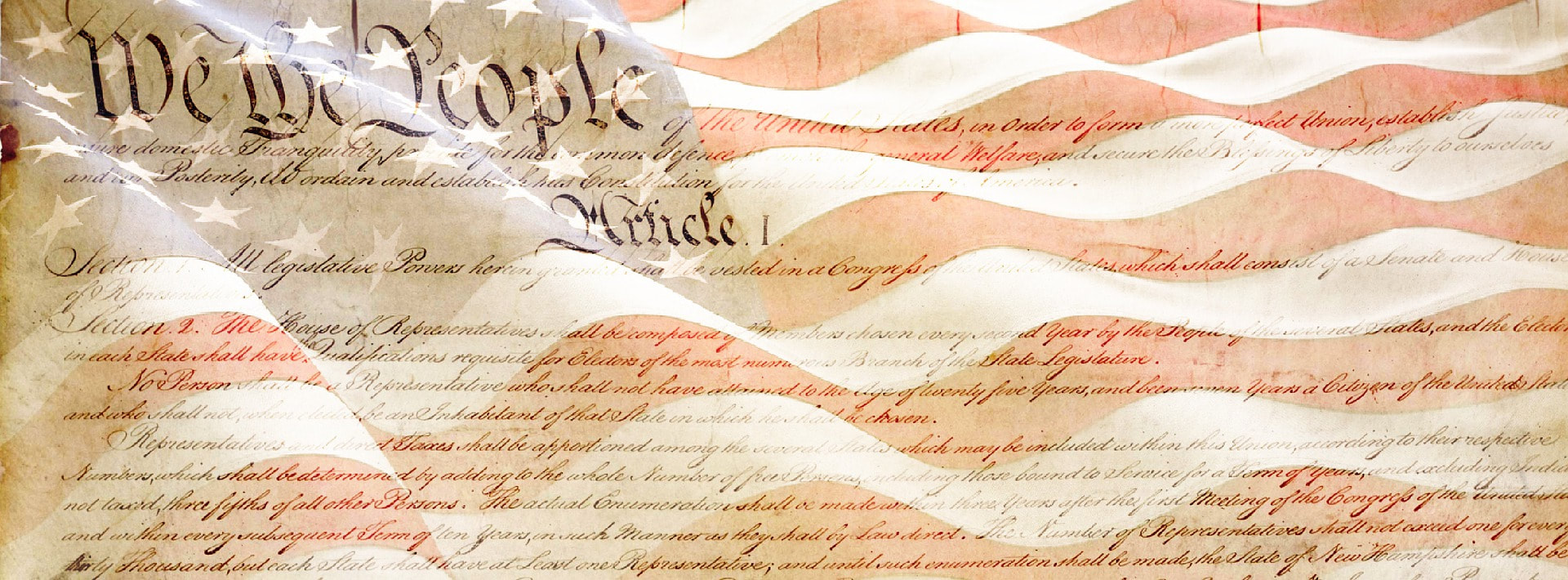
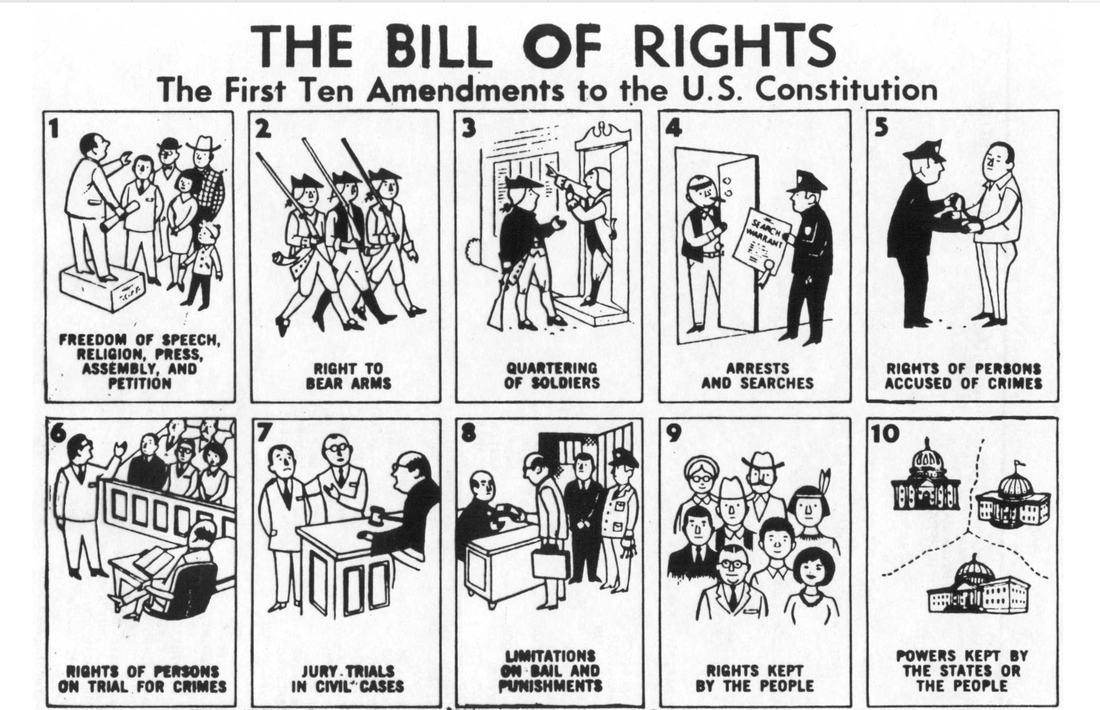
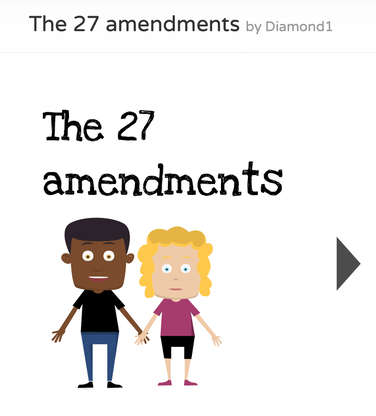
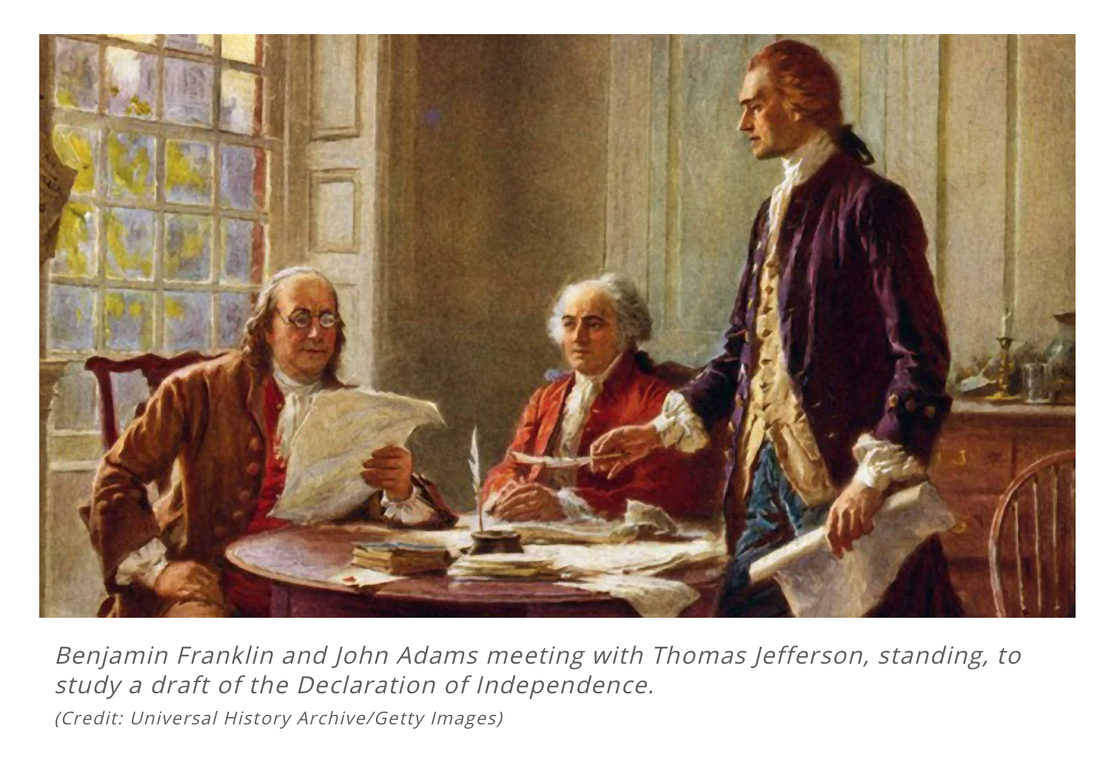
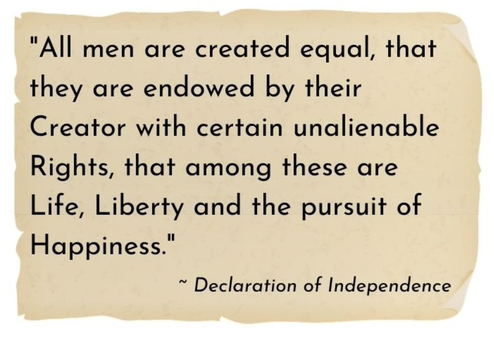
 RSS Feed
RSS Feed